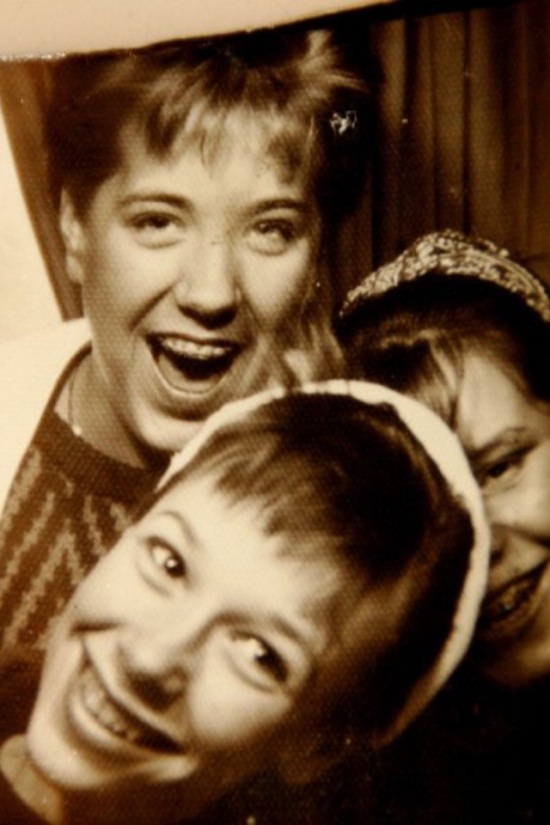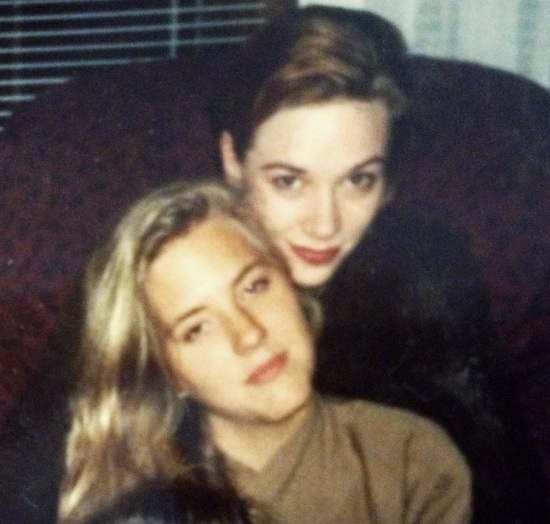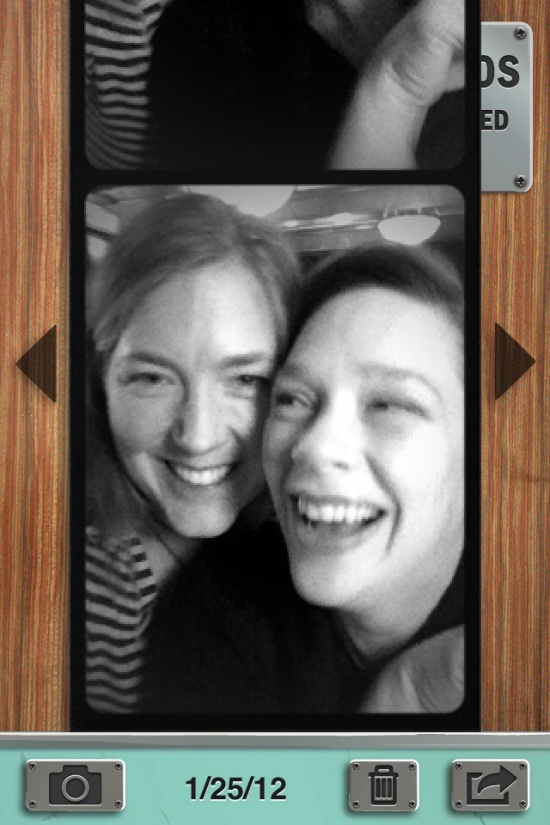I decided for some strange reason that I would visit my best friend’s Facebook page. It is something I have avoided doing, or I’ve visited but can’t bring myself to write there. I see the posts of people I remember who were in her life. Her closest friends in high school (we went to different high schools) or people she worked with in adulthood — waitressing, or at the makeup counter in Dayton’s, or eventually a corporate job at target.
I visited with my intellectual editor in full gear… Chattering away about the strangeness of the online/digital world in the way these things become a kind of memorial. And then I read the last post written in October 10 days after her birthday right around the time the Cory Monteith memorial was aired on glee, A show I haven’t really watched since its pilot but I remember loving listening to the songs, the nostalgia usually being what I loved most.
The post was from the high school friend, a girl I remembered from birthday parties, someone who I was vaguely jealous of only because she spent time with my best friend… and the friend writes how when she watched that show and the songs in it, it reminded her of their trip to the boundary waters in high school, and how she was so jealous of the tape that Alicia’s best friend had made her… and of course I had one of those moments. I was that friend. I remembered the mixed tapes we used to make. The ones we used to exchange. I saw her leaning out of the red Corolla station wagon waving the tape of the Indigo Girls. Bright red lipstick and bleached short hair — arms waving wildly, screaming my name.
I went to a website that listed all of the songs from the tribute show. I clicked on a few but didn’t recognize them. The third one was a version of James Taylor’s fire and rain– and it brought back so much for me. Not just her, but the years I would go to college, the years in Boulder, the girl I was.
Just yesterday morning, they let me know you were gone.
Suzanne, the plans they made put an end to you.
I walked out this morning and I wrote down this song,
I just can’t remember who to send it to.
I’ve seen fire and I’ve seen rain. I’ve seen sunny days that I thought would never end.
I’ve seen lonely times when I could not find a friend, but I always thought that I’d see you again.Won’t you look down upon me, Jesus, You’ve got to help me make a stand.
You’ve just got to see me through another day.
My body’s aching and my time is at hand and I won’t make it any other way.
Oh, I’ve seen fire and I’ve seen rain. I’ve seen sunny days that I thought would never end.
I’ve seen lonely times when I could not find a friend
I’m dictating this so I’m paying absolutely no attention to how it sounds or how it’s written. I just burst into tears while listening to it on my phone. Sobs, actually. I miss her so much. I felt shanghaied by grief. I went downstairs to where G was folding laundry and he looked at me and took me in his arms and I just cried against him. I have not done that in years. You are the only one I have to talk to now, I told him. I thought about how just yesterday I had driven to the part of the city where I grew up. Zoe and I were running errands. Driving down the familiar street I found myself passing the church where her funeral was held. And it struck me then that it was right around the corner from the places we walked as children, from the toy store still in operation, where we bought bubbles. I could almost see our 12 year old selves strutting down the street, knocking shoulders together, half children half the women we would grow into.
Never could we have imagined that we wouldn’t grow old together. We couldn’t imagine how it would end. Waiting for another spring I can’t help but think of last year and how badly I just wanted the thaw. Wanted for her to see green grass, for the trees to bloom, for the summer to come. A few times a week I remember her rigid and determined navigation of the snow and slush that last lunch together. I can see her stooped gait, her determined placing of her feet, the shuffle, the wince as she lifted her legs into my car. How important it was to her to go to lunch that day.
She had a burger with pork belly and maybe even an egg on top and declared it the best burger she had ever had.
One of these days I plan to go back there. To sit alone at the table and look out to the coming spring. Have a burger. For the girls we were.



